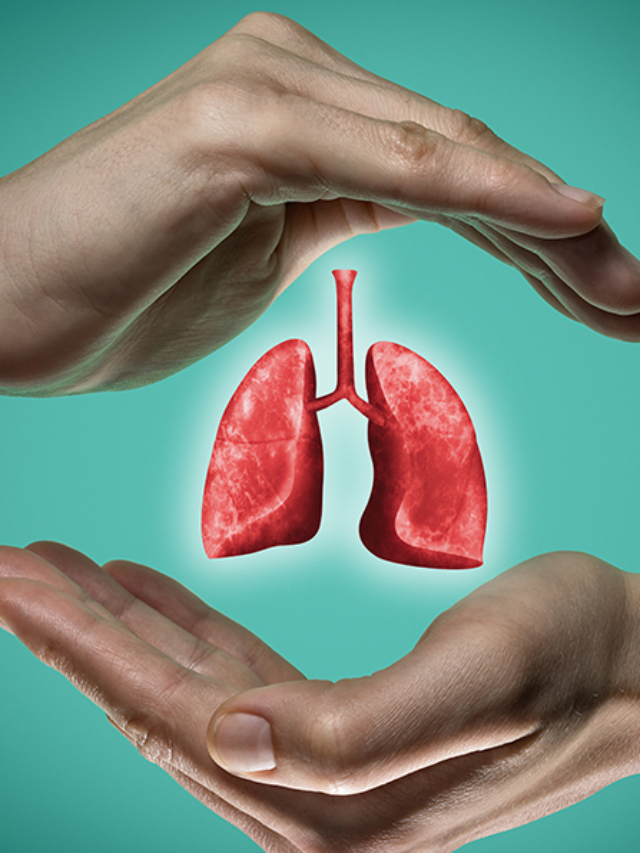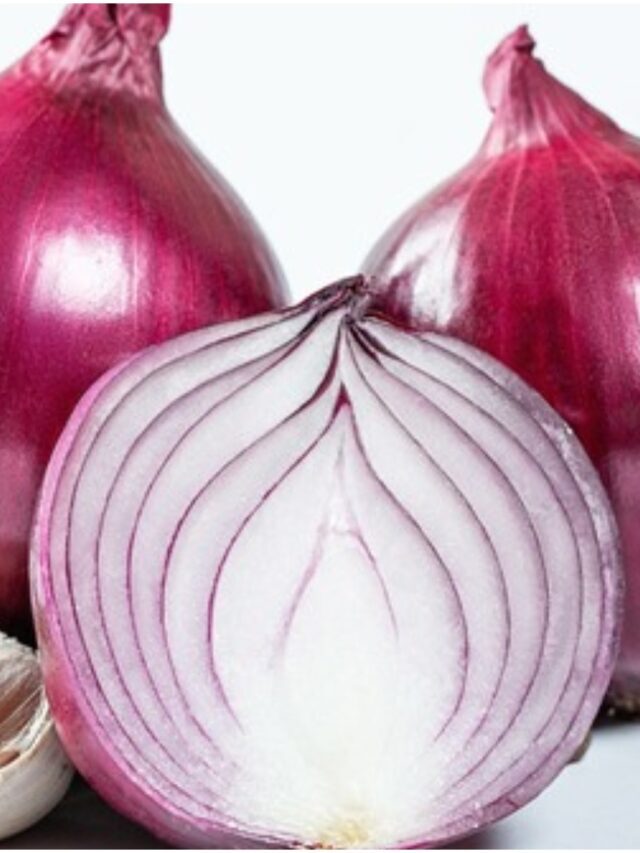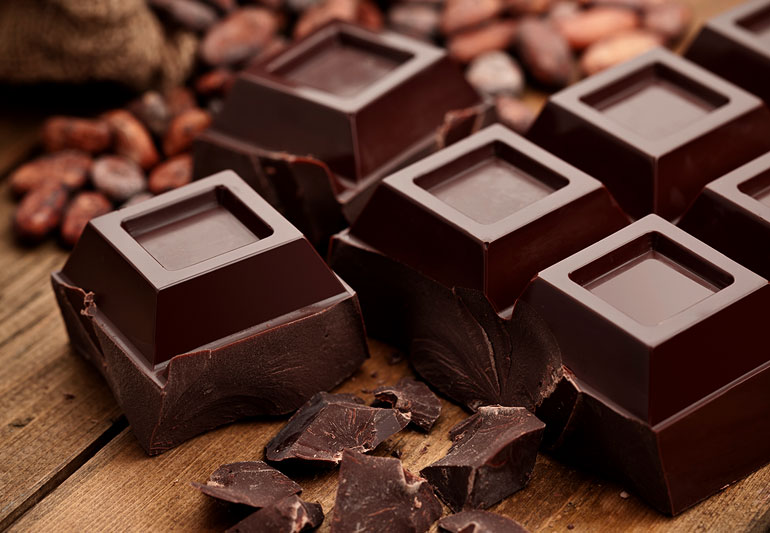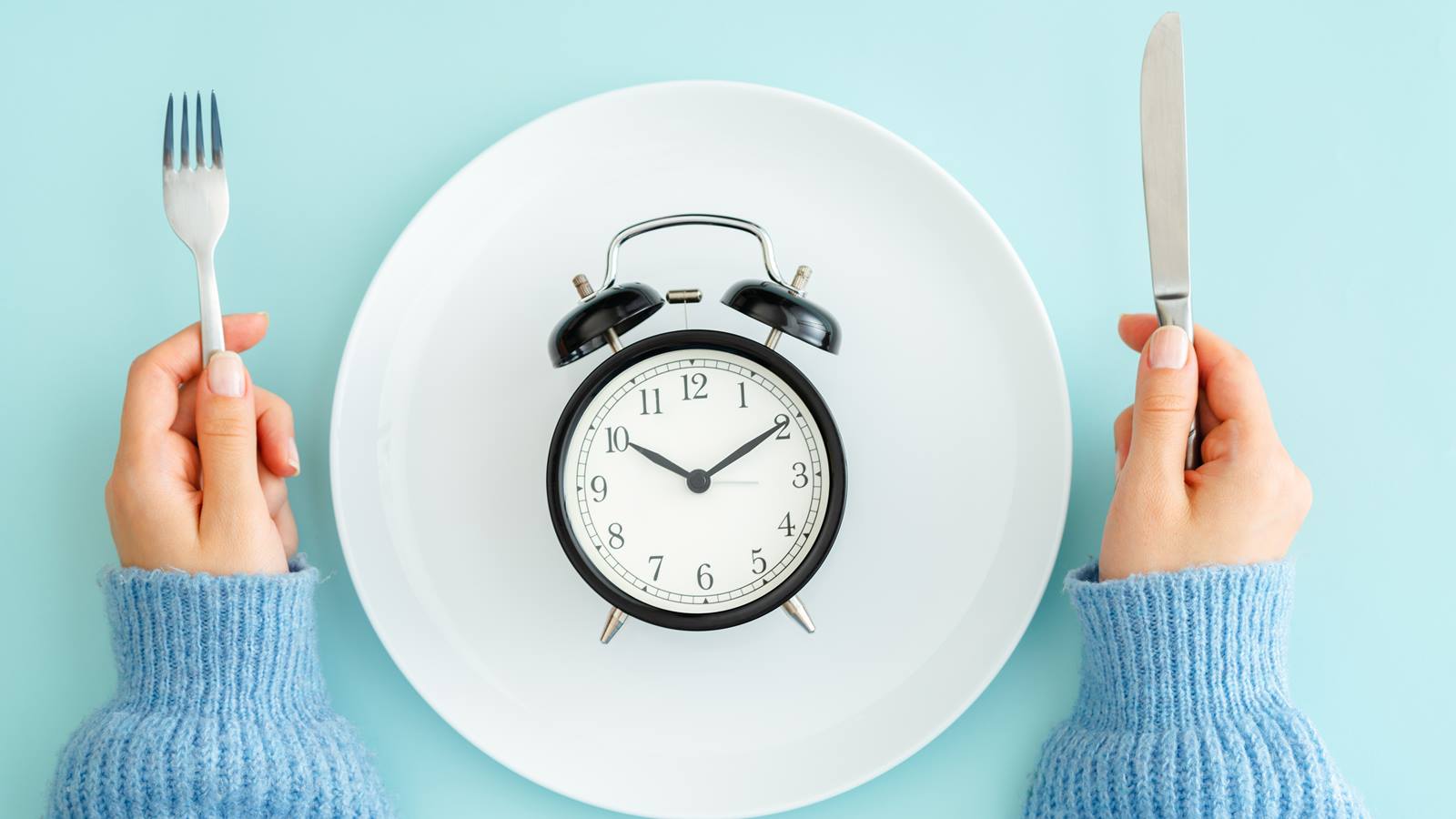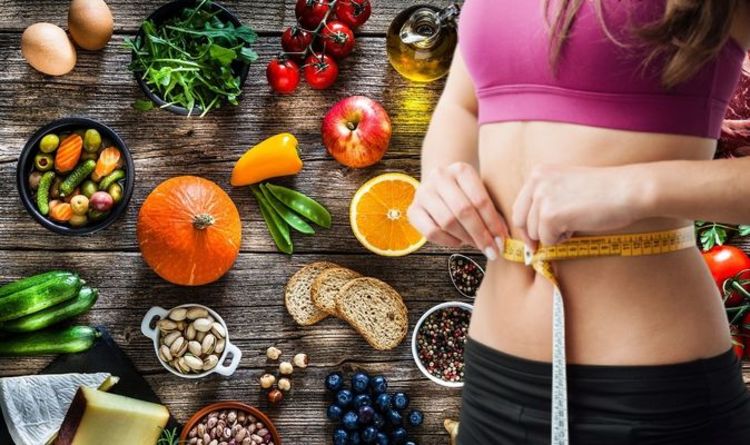The sheer amount of diet alternatives available to women attempting to gracefully move into later phases of life is daunting — and not all of them are healthy.
Many women over 50 are seeking for diets that will help them reduce menopausal symptoms or improve their general health.
The following criteria were used to choose the diets for this article:
1. Simple to understand: Aside from providing clear rules and short shopping lists, the diet does not necessitate the use of supplements.
2. Adaptable: Changes can be made based on your own tastes and nutritional requirements.
3. Not very limiting: There’s no need to exclude whole food groups from your diet.
4. Nutritionally sound: You’ll get lots of healthy fats and protein, as well as good carbs and minerals.
5. Evidence-based: Scientific evidence supports the diet’s health advantages.
The top 5 diets for women over 50 are listed below.
1. Best all-around: Mediterranean diet
The Mediterranean diet is routinely ranked as one of the healthiest eating patterns for practically everyone, including women over the age of 50.
This diet is distinguished by its low saturated fat level and is based on the eating habits of people in Greece and Southern Italy in the 1960s. It is mostly made up of vegetables, fruit, nuts, legumes, and whole grains, with the main source of additional fat being olive oil.
The Mediterranean diet is mostly plant-based, but it also contains moderate amounts of fish and dairy, as well as minor amounts of eggs, chicken, and red meat.
Decades of study show that this diet lowers your chance of developing chronic, age-related ailments such as heart disease, diabetes, cancer, and mental decline.
One study also linked the Mediterranean diet to a 30% lower incidence of obesity in pre- and postmenopausal women.
The Mediterranean diet performs better than a number of other well-known diets because of its versatility. No food or dietary categories are forbidden;; in moderation, even sweets and red wine are acceptable.
2. Preferred for heart health: DASH diet
Heart disease is one of the major causes of mortality for women over the age of 50, according to the Centers for Disease Control and Prevention (CDC).
Additionally, following menopause there is a sharp increase in the prevalence of high blood pressure, a major risk factor for heart disease.
The Dietary Approaches to Stop Hypertension (DASH) diet is intended to prevent and treat hypertension, or high blood pressure.
It is distinguished by its low sodium content and concentration on foods high in calcium, potassium, and magnesium, all of which have been shown to help lower blood pressure.
Your individual needs will determine how much salt you should ingest. Some people limit their salt intake to no more than 2,300 mg per day, while others limit it to as little as 1,500 mg. Both figures are consistent with the American Heart Association’s salt guidelines.
The DASH diet consists mostly of vegetables, fruit, and low fat dairy, with modest amounts of whole grains, legumes, nuts, seeds, fish, and chicken also included. Red meat and sweets are typically avoided but rarely permitted, while processed or cured meats are prohibited.
Limiting salty, ultra-processed meals in favour of nutrient-dense, whole foods has additional benefits, including lower cholesterol and better blood sugar management.
3. Most plant-based: Flexitarian diet
A semi-vegetarian diet known as the flexitarian includes fish, dairy products, eggs, and meat on occasion.
The majority of women who wish to cut back on their meat intake for environmental, animal welfare, or health reasons are now most likely to follow this eating style.
The Flexitarian diet is an excellent choice for anybody looking to increase their consumption of fibre and plant protein while still acknowledging the nutritional value of animal products and wanting to consume them as needed.
The Australian Longitudinal Study on Women’s Health found that vegetarians and vegans who are devoted to their diets are more likely to be lacking in nutrients like iron and omega-3 fatty acids, which are essential for women’s health.
In comparison to such restrictive diets, the Flexitarian diet contains more iron and omega-3 fatty acids from foods like fish and red meat. It is also richer in calcium, which is vital for maintaining bone strength in postmenopausal women.
According to preliminary study, this dietary pattern may provide extra benefits for heart health, body weight, and diabetes prevention.
4. Healthy for the brain: MIND Diet
Age and gender are the two main risk factors for dementia, with women being far more likely to get the disease than men. In fact, women account for about two-thirds of those suffering from Alzheimer’s disease, the most common form of dementia.
The MIND diet was created in order to lower the risk of Alzheimer’s disease and other kinds of age-related mental loss.
The abbreviation MIND stands for “Mediterranean-DASH Intervention for Neurodegenerative Delay.” It includes features of the Mediterranean and DASH diets that have been demonstrated to improve brain health, as the name indicates.
The emphasis is placed on fatty fish, leafy greens, berries, legumes, and whole grains. Red meat, sweets, butter, cheese, and fried foods are all completely prohibited.
The MIND diet reduces the risk of dementia, according to several research. While individuals who stick to the diet religiously are at the lowest risk, even those who adhere only marginally may see a slower pace of mental loss.
5. Perfect for women who are fed up with dieting: Intuitive eating
Intuitive eating may be the solution if you’ve tried a number of fad diets and are ready to permanently end your dieting cycle.
Chronic dietary restriction can lead to a variety of detrimental effects, including disordered eating, rebound weight gain, bone loss, and a reduced quality of life.
An anti-diet approach called intuitive eating aims to change your diet thinking and help you create a good relationship with both your body and the food you eat. It was developed by dietitians who believe that continuous dieting causes health and psychological harm.
Intuitive eating is comprised of ten core principles centred on ideas such as making peace with food, valuing your health, and coping with emotions without the use of food.
There are no forbidden foods, and no regulations govern portion limits or meal scheduling. Instead, the goal is to educate you how to pay attention to the body’s natural hunger and fullness cues so that you can stop depending on a particular diet to keep yourself mentally and physically well.
A new study linked intuitive eating to better mental health and a lower likelihood of disordered eating.
According to additional research, persons who follow this technique are more likely to keep a healthy weight, while it’s crucial to stress that weight loss is not the goal.
How to Choose the Best Women’s Diet for People Over 50
If you’re a woman over 50, the greatest diet is one you can stick to long term – and it might not look the same as the best diet for your friend, sister, or neighbour.
Your diet should contain meals that you love, that make you feel well, and that supply all of the nutrients your body requires.
Consider your own requirements while choose amongst the diets on this list.
If your main goal is to decrease your blood pressure, choose the DASH diet. Try intuitive eating if you want to prioritise self-care and a healthy relationship with food. If you just want to eat a better, more balanced diet, the Mediterranean or Flexitarian diets are ideal.
You may have observed that there is a lot of overlap between the aforementioned diets. Each stresses nutrient-dense, minimally processed foods high in vitamins, minerals, fibre, healthy fats, lean protein, and antioxidants – all of which are important components of any diet.
Women over 50 should pay careful attention to their dietary consumption, including calcium, vitamin D, protein, and B vitamins. If you believe you are not getting enough of these nutrients, simple dietary changes or supplementation may be necessary.
Remember that you do not need to make major dietary adjustments. Even if you are not adhering to your chosen eating pattern precisely, little, incremental efforts may nevertheless give considerable health advantages.
Consult your healthcare practitioner before making any big changes to your diet or adding supplements to your routine to ensure it meets your needs.
Conclusion
It’s frequently tough to decide which diet is ideal for a woman over 50, especially if you’re experiencing bodily changes linked with ageing.
Intuitive eating and the Mediterranean, Flexitarian, DASH, and MIND diets all provide advantages for your heart, brain, and overall health.
The best one for you will depend on a detailed analysis of your individual goals and dietary needs. The ideal diet is one you can follow for an extended period of time that keeps you feeling your best.

